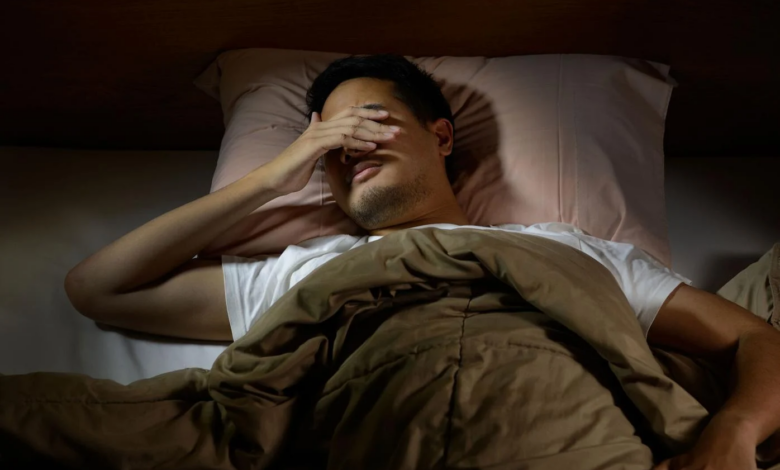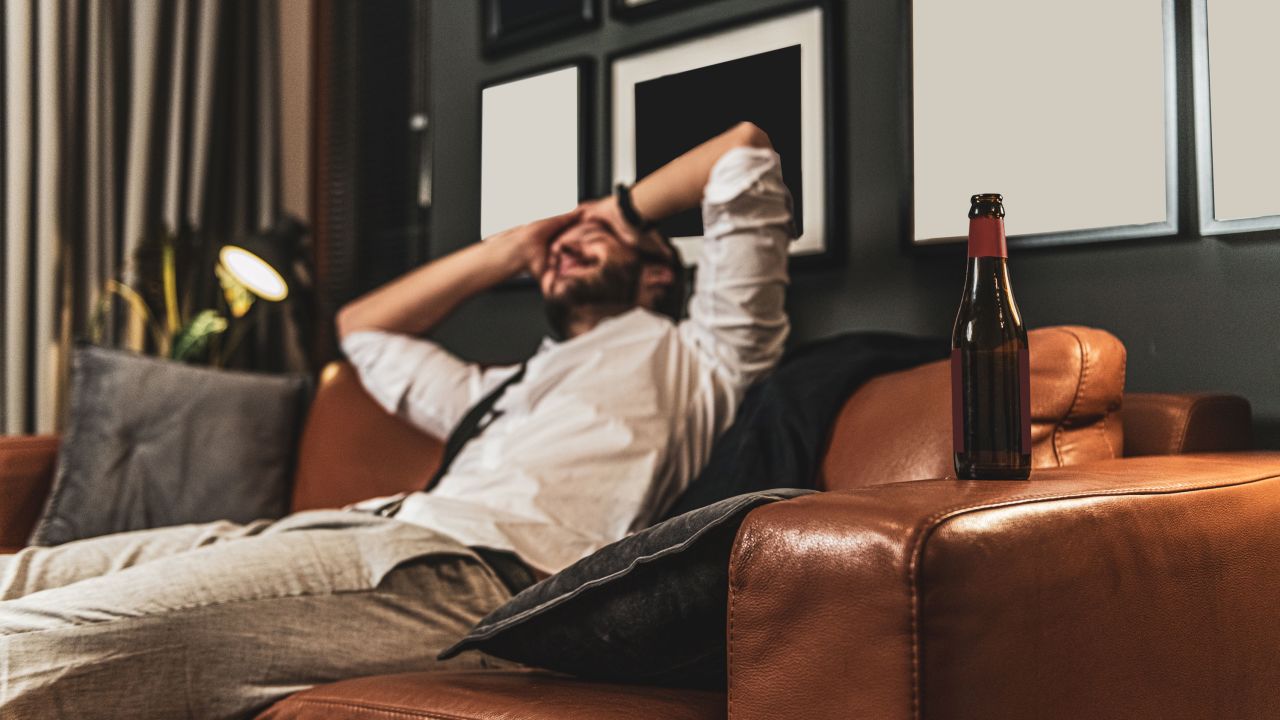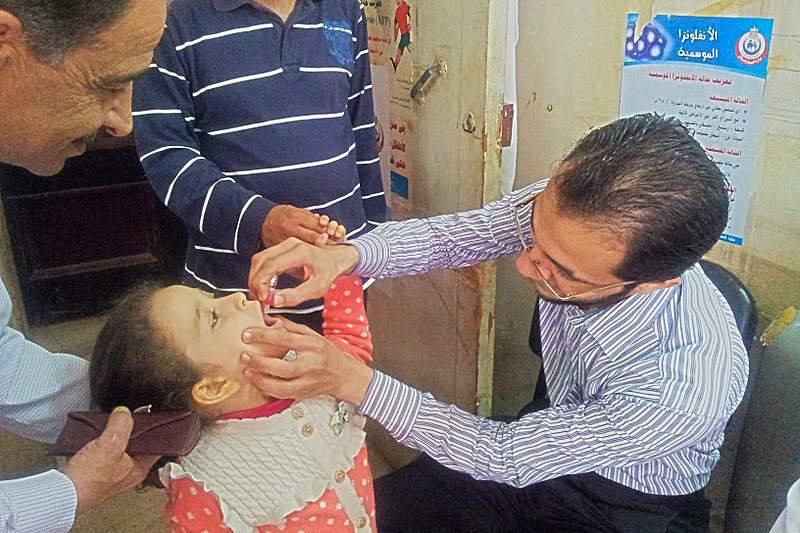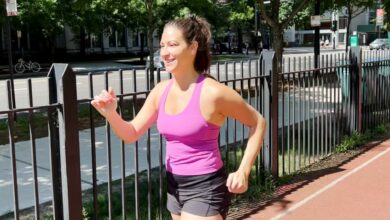
“The increased risk of mortality associated with being a clearly ‘evening’ person appears to be mainly accounted for by a larger consumption of tobacco and alcohol. This is compared to those who are clearly ‘morning’ persons,” said study first author Christer Hublin, a researcher from the Finnish Institute of Occupational Health in Helsinki, in a statement.
The study, published Friday in the journal Chronobiology International, was a follow-up to the 2002 Finnish Twin Cohort study. The new study followed nearly 24,000 twins from 1981 to 2018 in an effort to tease out the causes of health-related behaviors and disease.
When the study originally began, each twin was asked to pick one answer from the following questions: I am clearly a morning person; I am to some extent a morning person; I am clearly an evening person; or I am to some extent an evening person.
Only about 10 percent of the twins described themselves as definite evening people, while 33 percent said they somewhat preferred staying up late. Over 29 percent were clearly morning people, while another 27.7 percent described themselves as somewhat inclined to prefer mornings.
For the new study, researchers looked at death records of a subset (8,728 participants) of the original study. After adjusting the data to account for educational level, use of alcohol, smoking, the level of body mass, and sleep duration, the study found that being a night owl increased the risk of an early death by about 9 percent compared with morning types, who are often called early birds.
“We have known for a long time that those who have an evening type preference are more likely to be heavier drinkers, have alcohol use disorder and are also more likely to use other substances including tobacco,” said Dr. Bhanu Prakash Kolla, a sleep medicine specialist in the Center for Sleep Medicine at the Mayo Clinic in Rochester, Minnesota, who was not involved in the study.
However, a 9 percent increased risk of early death is significant, he added, leaving room for other ways being an evening type could increase the risk of mortality.
“Other possible causes that come to mind include those who are evening types will likely need to wake up early for work/school therefore end up getting less sleep and the sleep deprivation can increase risk,” Kolla said in an email.
Your sleep chronotype
Everyone has an internal 24-hour body clock, or circadian rhythm, that regulates the release of the hormone melatonin to promote sleep.

Your personal sleep chronotype, which is thought to be inherited, may determine when that process occurs. If you’re an innate early bird, your circadian rhythm releases melatonin much earlier than the norm, energizing you to become most active in the morning.
Early birds tend to perform better in school and are more active throughout the day, which may partly explain why studies have found they have less risk of cardiovascular disease, experts say.
In night owls, however, the internal body clock secretes melatonin much later, making early mornings sluggish and pushing peak activity and alertness later into the afternoon and evening.
The jury’s still out on risk
Night owls may be at higher risk for chronic disease, prior research has shown. A 2022 study found night owls were more sedentary, had lower aerobic fitness levels, and burned less fat at rest and while active than early birds.
Night owls were also more likely to be insulin-resistant, meaning their muscles required more insulin to be able to get the energy they need, the study showed.
Studies have revealed night owls may take more risks and are more likely to skip breakfast and eat more later in the day. Night owls also have higher levels of visceral body fat in the abdominal region, a key risk factor for type 2 diabetes and heart disease.
Dr. Phyllis Zee, director of the Center for Circadian and Sleep Medicine at Northwestern University Feinberg School of Medicine in Chicago, who reviewed the 2022 study for CNN, said at the time “there is good evidence that being a late sleeper has been linked to a higher risk for metabolic and cardiovascular disease.
“Several mechanisms have been proposed: sleep loss, circadian misalignment, eating later in the day and being exposed to less morning light and more evening light, which have all been shown to affect insulin sensitivity,” said Zee, who is also a professor of neurology at Northwestern.
Can you alter your chronotype?
If being a night owl worries you, there are things you can do to flip the switch from night to day — at least a bit, Zee told CNN previously: “It’s like if you have a gene for diabetes, right? You can modify that with your lifestyle, but it doesn’t change it.”
First, start with light — lots of it, just as soon as the alarm goes off. Use natural sunlight if possible, or turn on artificial lights, especially those in the blue spectrum, which tells the body to wake up.
“The strongest reset for the circadian system is bright light,” Zee said. “Light in the morning changes the oscillation of your circadian clock genes at both a cellular and molecular level. You are also training all your rhythms, whether it’s sleep, blood pressure, heart rate or your cortisol rhythm to be earlier.”
You want to change things at night as well, Zee said, by removing bright sources of light much earlier to help your body begin to produce melatonin. That means no television, laptop or smart screens unless you use a filter that turns the blue light into the amber or reddish orange range, which doesn’t suppress melatonin.
Another tip: Eat much earlier in the evening than you might prefer, Zee said: “My rule: Stop eating within three hours of bedtime.” Move your exercise routine to the morning or early afternoon, and avoid heavy exercise in the evening, as well.




